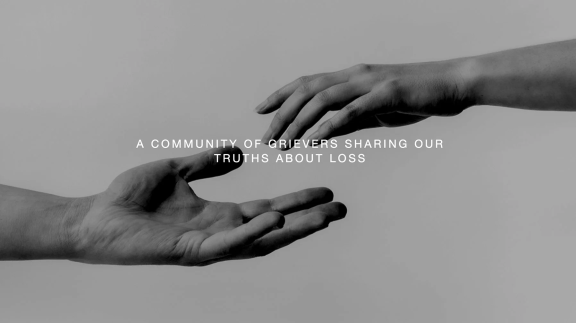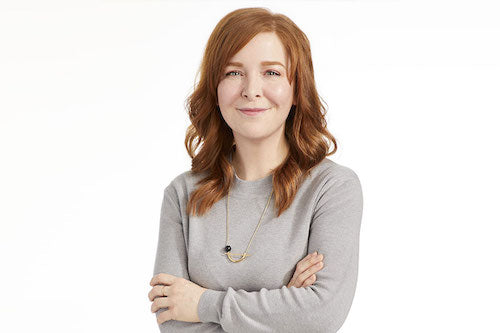For many of us, there’s a watershed moment that changes everything–when suddenly we mentally classify our lives as either “before” or “after.” For Marianna Jamadi, this consisted of two moments: May 2017, when her father passed away, and December 2018, when she lost her mother. “It was a back-to-back loss,” she says. “They were both immigrants: My father was from Indonesia and my mom from Finland. My only other relative in the U.S. was my sister. Losing those two anchors in a short amount of time was really jarring—I didn't feel like I had roots anymore.”
Jamadi was accustomed to being uprooted, in a certain sense—as a travel photographer, she was required to jet across the world near-constantly. (Her Instagram account is a collection of images snapped everywhere from Rome to Jakarta.) Traveling was a lifeline for Jamadi, a way to keep moving and not sit in her grief. But when COVID hit, that perpetual motion ground to a halt. “I had all these feelings inside me that I didn’t know what to do with,” she says. That’s when she started Oh Good Grief.

The site—which Jamadi co-founded with writer Amelia Mularz in June 2020—is a collection of resources and a steadily growing community where people who’ve faced loss can connect. There are audio recordings of bereaved people talking about how loss has affected them, and a carefully curated list of gifts to buy for someone who’s grieving.
There’s also a visual project called Here_Have, a gallery of scanned objects—from a birthday letter, to a cookbook, to a ring from the Philippines—each one significant to people who’ve lost a loved one, along with a paragraph explaining each item’s importance. The site also has links to particularly useful support groups, books, podcasts, and videos, so visitors can find exactly what they need. “When I was really overstimulated, I couldn't read full books—I couldn't handle long-form writing,” says Jamadi. “Sometimes I just wanted to numb out and watch Dateline mysteries.”
Oh Good Grief has also organized socially distanced group events for the bereaved, like breathing and journaling workshops, and watercolor classes. “Creativity is an amazing conduit to conversations around grief,” says Jamadi. “You can be expressing and painting and still be talking, and it doesn't feel so heavy.” In the future, she’s hoping to create a digital grief club where members would meet regularly to talk over Zoom, and also wants to do an expansive IRL version of Here_Have, in which she’d travel the country with a flatbed scanner, helping people scan their precious objects. “Often, when we talk about grief,” she says, “the conversation starts with trauma: ‘How did she die?’ I think objects have the power to change that conversation because they speak to a person’s spirit rather than their last moments. They honor the people we miss.”
Jamadi says part of her intention behind Oh Good Grief was to provide a moment of refuge on the web. “My hope is that the site is a place to go whenever you need it,” she says, “Lots of imagery on the site revolves around hands and sensory experiences because that's something that we don't have access to right now.”
Ultimately, says Jamadi, Oh Good Grief has been as beneficial for her as it has been for its followers. “When COVID hit, all my work was gone immediately—I can’t remember how long it’s been since I was in the country for this much uninterrupted time,” she says. “To some degree, I was probably hiding my own grief with all my travel. Oh Good Grief has been so healing for me, and it has the potential to bring people together and feed our need to connect. Just like grief, that’s so much a part of being human.
For more on Marianna, follow along at @nomadic_habit and @oh.goodgrief.
